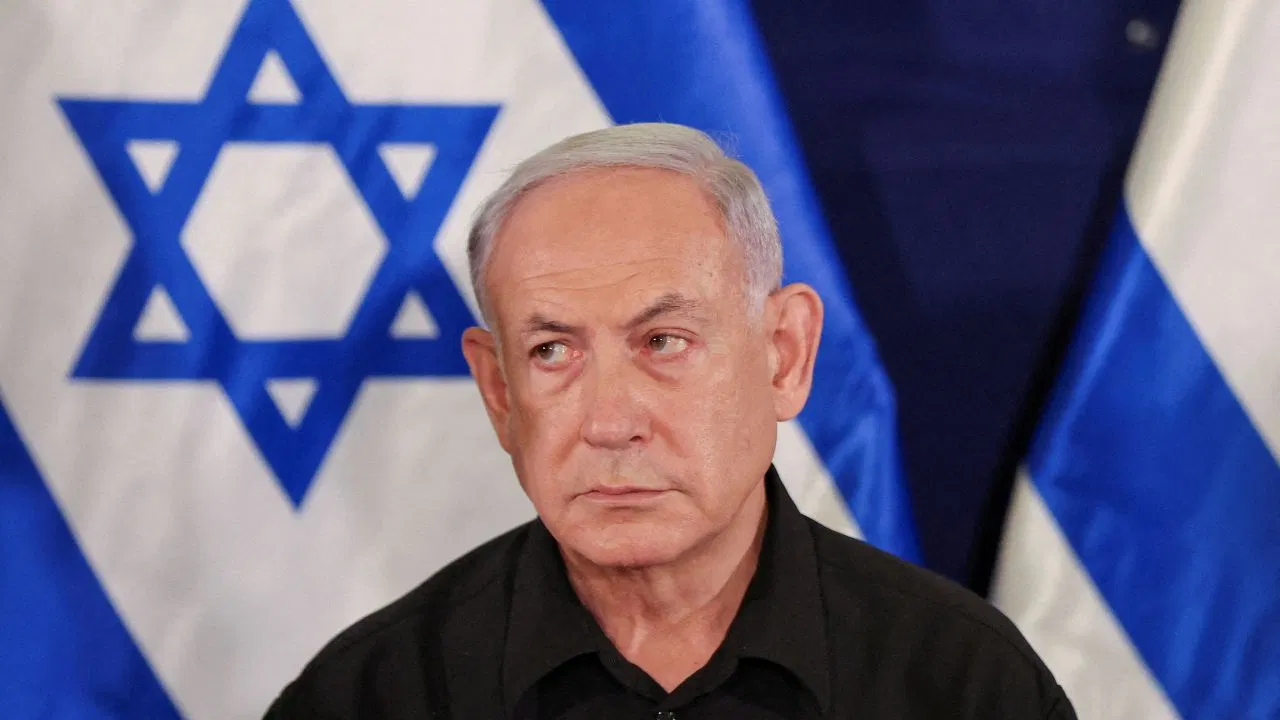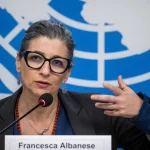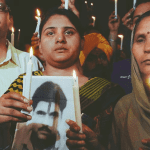As tensions rise in Israel, Prime Minister Benjamin Netanyahu faces multiple challenges, both on the domestic and international fronts. During meetings with foreign ministers from Britain and Germany, Netanyahu sought support regarding a potential court case against him and other senior Israeli officials. This concern comes amid rumors of possible arrest warrants being issued by the International Criminal Court (ICC) against Netanyahu and other top Israeli government officials for actions related to the ongoing conflict in Gaza.
Netanyahu’s visit to Mossad headquarters and other security agencies underlined his focus on national security during this critical period. He emphasized to the intelligence community the importance of setting aside mutual differences to focus on the nation’s existential security threats.
ICC’s Potential Involvement
The ICC’s interest in the Israeli-Gaza conflict and its potential impact on Netanyahu’s leadership raises significant questions about the prime minister’s political future. Some countries, including South Africa, have petitioned the ICC to take action against Israel’s military actions in Gaza. As the ICC reviews the situation, there is a possibility of arrest warrants being issued against Netanyahu and other senior officials, which could have far-reaching political and diplomatic consequences.
Netanyahu’s Response
In response to the possibility of ICC involvement, Netanyahu remained defiant. He emphasized Israel’s autonomy in making decisions regarding its national security and insisted that the country would respond appropriately to threats against it. Netanyahu’s statements underscored his government’s commitment to protecting Israel’s interests and taking action as deemed necessary.
Recent Events and Continuing Tensions
The backdrop of this situation includes Iran’s recent attacks on Israel and the ongoing military operations in Gaza. In October of the previous year, Hamas fighters from the Gaza Strip attacked Israel, resulting in approximately 1,200 deaths and several hostages being taken. This provoked a robust military response from Israel, which continues today. The potential for escalation remains a concern, as the conflict could take on a more serious form.
While Netanyahu’s government faces significant external challenges, including potential ICC involvement and increasing tensions with Iran, his administration must also navigate domestic pressures. The prime minister’s ability to maintain stability and security in Israel, while addressing international scrutiny, will be crucial for his political survival.
As Prime Minister Netanyahu navigates these turbulent times, his meetings with foreign ministers and visits to security agencies underscore the complex and delicate situation Israel faces. The possibility of ICC action and the ongoing military operations in Gaza present formidable challenges that require careful handling and strategic decision-making.
Netanyahu’s stance on national security and his refusal to succumb to international pressure emphasize his commitment to protecting Israel’s interests. The coming days and weeks will reveal how Israel and its prime minister manage these evolving challenges and what the potential ramifications may be for the region and beyond.















